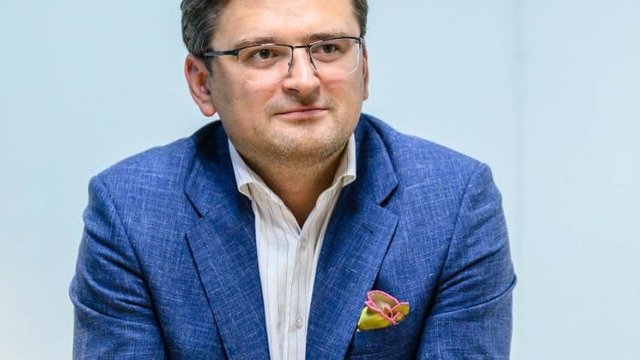Kuleba: Ukraine, its partners thwart Russia's attempt to legitimize ORDLO reps, using Arria format of UNSC

Ukraine, together with partners, thwarted Russia's attempt to legitimize representatives of certain regions of Donbas, using the Arria format of the UN Security Council for this, Ukrainian Foreign Minister Dmytro Kuleba said.
"The meeting will be boycotted not only by Ukraine, but also by the United States, the United Kingdom, France, Germany, Estonia and Belgium. That is, all, except for the Russian Federation, the OSCE participating States that are now members of the Security Council. This is an important signal, because the OSCE is participating in the negotiation process within the TCG," Kuleba told Interfax-Ukraine on Wednesday.
According to the head of the Ministry of Foreign Affairs, due to the principled position of the Ukrainian partners in the UN Security Council, the Russian PR-action will not even be broadcast on the official UN resources.
"This is a clear response to Russia's attempts to manipulate international platforms and formats to spread its propaganda. I am grateful to partners, in particular Germany and France as participants in the Normandy format, for a strong solidary position in support of Ukraine," Kuleba stressed.
Earlier, the media reported that representatives of the so-called "DPR" and "LPR" will speak at a meeting of the UN Security Council on December 2, using the Arria format.
The UN Security Council website says that "Arria Formula meetings" are highly informal, confidential meetings that allow Security Council members to engage in a private, frank exchange of views using flexible procedural frameworks and with the participation of individuals deemed by a member or members of the Council offering to host the meeting (and also acting as facilitators or organizers) would benefit from being heard and/or to whom they would like to communicate. The process is named after Venezuelan Ambassador Diego Arria, who began the practice in 1992 as Venezuela's representative in the Council (1992-1993).









